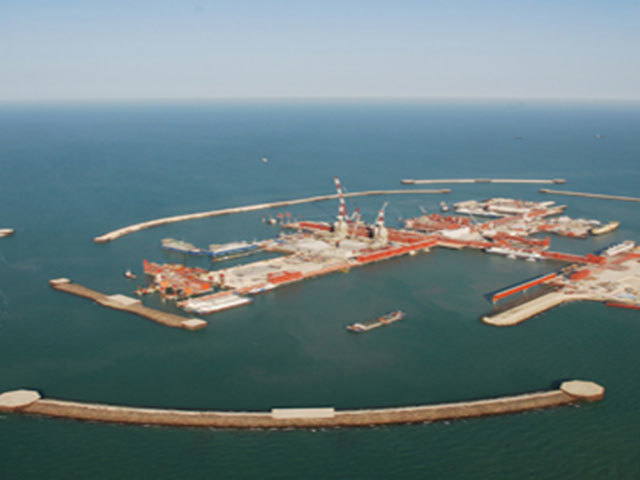
France’s Total does not expect much oil output, if any, from the giant Kashagan oilfield in Kazakhstan this year and it is awaiting results of further analyses to assess the costs and delays facing its consortium partners.
Production at the world’s biggest oil find in 35 years started in September but halted in early October after the detection of gas leaks in the £30billion project’s pipeline network.
Kazakh oil and gas minister Uzakbai Karabalin said this week that output may not restart this year if test results, expected in May, show cracks in the offshore part of the network.
Arnaud Breuillac, Total’s head of exploration and production, said today: “For now, we are waiting for the analyses. If there were to be any production by the end of the year, it wouldn’t be much.”
The project has presented huge engineering challenges throughout the 13 years since work began. Much of it is built on artificial islands to avoid damage from pack ice in a shallow sea that freezes for five months a year.
“We cannot access the offshore (part) as long as we still have ice on the Caspian sea, it’s melting as we speak, so we should know quite soon,” Mr Breuillac told reporters on the sidelines of a conference.
Last month, Kazakh officials imposed a £440million fine for ecological damage on the consortium, which includes Eni, ExxonMobil, Royal Dutch Shell, Total and Kazakh state-run KazMunaiGas.
The penalty is the strongest signal to date from Kazakhstan that it is running out of patience, while the consortium’s decision to fight the fine could raise tensions with a government grown more assertive with foreign investors.